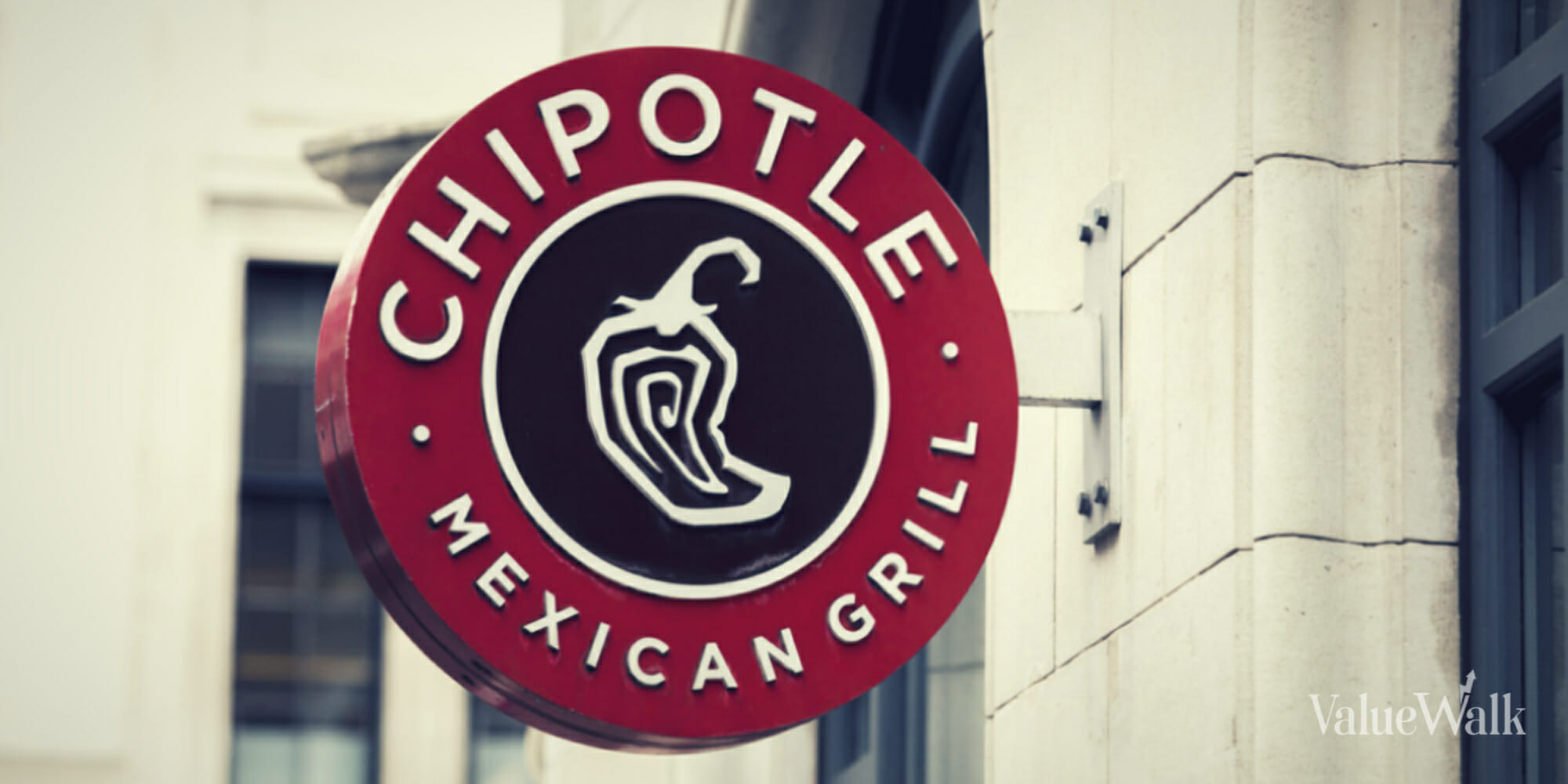Wicked Weed, the Asheville-based brewer has been sold to Anheuser-Busch InBev, which, like its counterparts, is gulping down craft brewers in an apparent effort to offset waning sales for Budweiser and other mass-produced adjunct beers. Good for Wicked Weed.
But beer geeks aren’t pleased.
Why Not?
Wicked Weed has canceled its July Funkatorium Invitational after almost 50 brewers, who were to take part in the event, backed out. The event has helped Eblen Charities, a nonprofit, provide families with, for example, medical and emergency assistance.
It has become clear that we can no longer host the festival with the original vision in mind,” Wicked Weed writes on its website. “We respect the decisions of those who have decided to no longer attend, and we understand that the impact of bringing this community together is more important than Wicked Weed.
Just like the sour beer community, Eblen Charities is still of paramount importance to us. With that in mind, we will evolve the Funkatorium Invitational and host a reimagined festival to raise money for Eblen’s cause [Sept. 16].”
Beer drinkers – and many brewers – are upset about the perceived “sell out,” and many talk as if they have a stake in the company or a say in the brewers’ decision. They don’t, but Wicked Weed’s owners did. And they decided to sell.
It Was the Right Move for Them
The craft beer market is constantly changing and evolving, almost by the day. In a recent interview with Men’s Journal, Wicked Weed co-founder Walt Dickinson said the U.S. had 1,500 breweries four years ago. Now there are more than 6,000. Wicked Weed simply wanted to embrace that change and to grow, but he also wanted to maintain the brand and to stay true to the people of Asheville, while giving back to this beloved city in the mountains.
“These are guys who really believe in us,” Dickinson said of The High End, InBev’s craft beer division. “They’re going to support our vision. They’re not going to force us to grow faster than we need.”
The idea that entrepreneurs scrimp and save to build a business to achieve only marginal growth is as naïve as it is selfish and unfair.
Brewing contributed nearly $1 billion to the Asheville area in 2016, writes the Citizen-Times, citing a study by the Economic Development Coalition for Asheville-Buncombe County.
“Breweries directly or indirectly added $111 million in labor income to the region last year, creating or supporting more than 2,500 jobs,” the paper reported. “That’s the fastest growth among regional manufacturing industries.”
We can let the free market reign or stunt growth through means both legal and legislative. In contrast to North Carolina lawmakers, who, apparently at the will of the large distributor lobby, allow the state’s brewers to produce no more than 25,000 barrels each year before – and you guessed it – procuring a distributor. A move this year to increase the limit to 200,000 barrels failed. Now a group of brewers are suing.
The idea that entrepreneurs toil and sweat and scrimp and save to build a business to achieve only limited profits and marginal growth is as naïve as it is selfish and unfair.
Wicked Weed makes fantastic beer, which, considering InBev’s purchase of the brewer, should be obvious. If, in fact, Wicked Weed had failed to build its brand and churned out mundane beer there would be no such interest from corporations with deep pockets and a willingness to pursue new strategies to compete.
Don’t Call them “Sell Outs”
So, why not capitalize on that interest? Why not take advantage of a free market that rewards entrepreneurship and innovation, sans arcane state rules and the collective strangleholds of powerful lobbies. What began as a family operation about five years ago could well gain a national and even international following.
That’s all good. Will the product suffer? There’s always that possibility, but who knows?
Craft beer aficionados will continue to eschew Wicked Weed, and that’s their prerogative.Further, Wicked Weed jumped at the chance to distinguish itself in a bloated market. North Carolina alone has more than 200 breweries, the ninth most in the nation. Asheville itself has around 30, and Raleigh will soon have that many. The immense challenges of standing out in that crowd, building a brand, and gaining and keeping loyal customers can’t be discounted.
Craft beer aficionados will continue to eschew Wicked Weed, and that’s their prerogative, just as it was the brewers’ prerogative to sell to InBev. There are plenty of choices in beer.
But don’t view the brewers, who have contributed much to their community and the state, as bad people or “sell outs” or greedy profiteers. See them as smart business people who have done and will likely continue to do big things.
Regardless, who knows what happens next? The brewers may take the money from the purchase and apply it toward another venture. Maybe they’ll make an even more innovative and funky line of beers, because the InBev sale will allow them to do that.
Many people drinking craft beer today aren’t old enough to remember a time when craft beer didn’t exist. Instead of whining and complaining about Wicked Weed, they would do well to take in the infinite choices available. Taste, compare, buy, and drink up.
Then grow up. Or, order a Coors Light.
John Trump
John Trump is managing editor of Carolina Journal in Raleigh, N.C., and author of Still and Barrel: Craft Spirits in the Old North State (Blair, 2017).
This article was originally published on FEE.org. Read the original article.






